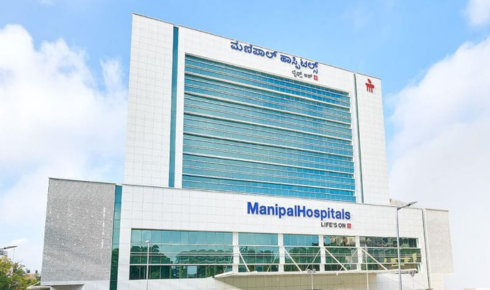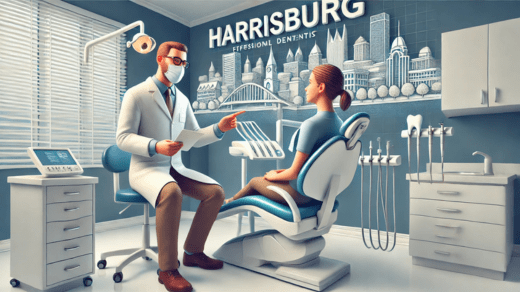Neurodegenerative diseases are complex. They affect millions of people worldwide. These conditions damage the brain and nerves. Alzheimer’s, Parkinson’s, and ALS are some examples. Each disease has unique challenges. Understanding them helps in providing better care. A neurologist’s approach is vital. It guides the way to diagnosis and management. While not directly linked, procedures like marina del Rey SI joint surgery show how medical care evolves. With ongoing research, there’s hope for better treatments.
What Are Neurodegenerative Diseases?
Neurodegenerative diseases lead to the gradual degeneration of nerve cells. This process affects memory, movement, and behavior. Scientists continue to study these diseases to uncover their causes. Genetic, environmental, and lifestyle factors often play roles in their development. Understanding the root causes is key to developing effective treatments.
Common Types of Neurodegenerative Diseases
Each disease presents its own set of symptoms and challenges. Here are three of the most common:
- Alzheimer’s Disease: Affects memory and cognitive function. It’s the most common form of dementia.
- Parkinson’s Disease: Impacts movement control, leading to tremors and stiffness.
- Amyotrophic Lateral Sclerosis (ALS): Known as Lou Gehrig’s disease, it affects muscle control.
Diagnosis and Management
A neurologist’s approach to these diseases involves several steps:
- Initial Assessment: A comprehensive evaluation of symptoms and medical history.
- Diagnostic Testing: Includes brain scans and neurological exams.
- Treatment Plan: Tailored to individual needs, often combining medication and therapy.
Timely diagnosis is crucial. It can improve the quality of life and slow disease progression. Regular follow-ups help in adjusting treatment plans as needed.
Current Research and Advances
Research in neurodegeneration is ongoing. Scientists are exploring new therapies and interventions. Some areas of focus include:
- Gene Therapy: Targeting specific genetic mutations.
- Stem Cell Research: Potential to regenerate damaged nerve cells.
- Medication Development: Creating drugs that target disease mechanisms.
Innovations like these hold promise. They aim to provide better outcomes for patients in the future.
Comparative Overview of Neurodegenerative Diseases
| Disease | Primary Symptom | Typical Age of Onset |
| Alzheimer’s | Memory Loss | 65 and older |
| Parkinson’s | Movement Issues | 60 and older |
| ALS | Muscle Weakness | 40-70 |
Resources and Support
Support systems are essential for those affected by neurodegenerative diseases. Resources are available to help patients and families cope. The National Institute on Aging provides valuable information. They offer guidance on managing symptoms and accessing support services.
Additionally, the National Institute of Neurological Disorders and Stroke provides updates on research and treatment options. Access to these resources can empower families and caregivers.
The Road Ahead
Neurodegenerative diseases present significant challenges. Yet, with ongoing research and dedicated care, there is hope. A neurologist’s approach offers a comprehensive path to understanding and managing these conditions. By staying informed and seeking support, patients and families can navigate their journeys with confidence.




